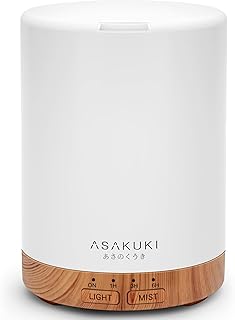Self-care is a concept that encompasses various aspects of wellness, including mental, emotional, physical, social, and spiritual well-being. It is not just about indulging in leisure activities but involves practices that enhance overall health. Dr. Caroline Perjessy, a seasoned counselor and president of the Association for Humanistic Counseling, emphasizes the importance of understanding self-care beyond mere relaxation and allocating time for elaborate self-care routines.
According to Dr. Perjessy, integrating small acts of self-care into daily life, such as mindfulness practices and conscious breathing, can significantly impact emotional regulation and self-awareness. By nurturing all dimensions of wellness, individuals can achieve a balanced and fulfilling life. The Substance Abuse and Mental Health Services Administration delineates eight dimensions of wellness, underscoring the holistic nature of self-care, which includes emotional, environmental, financial, intellectual, occupational, physical, social, and spiritual well-being.
Self-care plays a pivotal role in fostering healthy relationships with oneself and others. Dr. Roseina Britton, a licensed counselor and clinical faculty member at Southern New Hampshire University, highlights the significance of self-care for professionals in the helping professions. She emphasizes that prioritizing self-care is essential for sustaining the capacity to support others effectively.
Britton acknowledges the societal pressure to prioritize productivity and achievement, often at the expense of personal well-being, leading to stress and burnout. Engaging in self-care practices can range from simple activities like taking a walk or lighting a candle to more profound endeavors such as personal development through reading or pursuing counseling.
Dr. Perjessy recommends grounding activities like spending time in nature, practicing breathing exercises, limiting technology use, and engaging in movement as effective self-care strategies. Grounding oneself fosters compassion towards oneself and others, promoting healthier interactions and problem-solving.
Recognizing the importance of self-care in maintaining overall well-being, individuals can enhance their resilience and capacity to navigate life’s challenges. By incorporating self-care practices that cater to diverse dimensions of wellness, individuals can cultivate a more balanced and purposeful approach to daily living. Prioritizing self-care is not a luxury but a necessity for sustaining personal and professional well-being in today’s fast-paced and demanding world.
📰 Related Articles
- Experts Stress Importance of Vascular Lab Accreditation for Quality
- Experts Stress Importance of Precise SoA Preparation in Finance
- Veterinarians Stress Importance of Professional Dental Care for Pets
- Spanish Consumers Embrace Holistic Health Trends, Prioritizing Well-Being and Sustainability
- World Bank’s Holistic Approach Empowers Women Through Menstrual Hygiene






